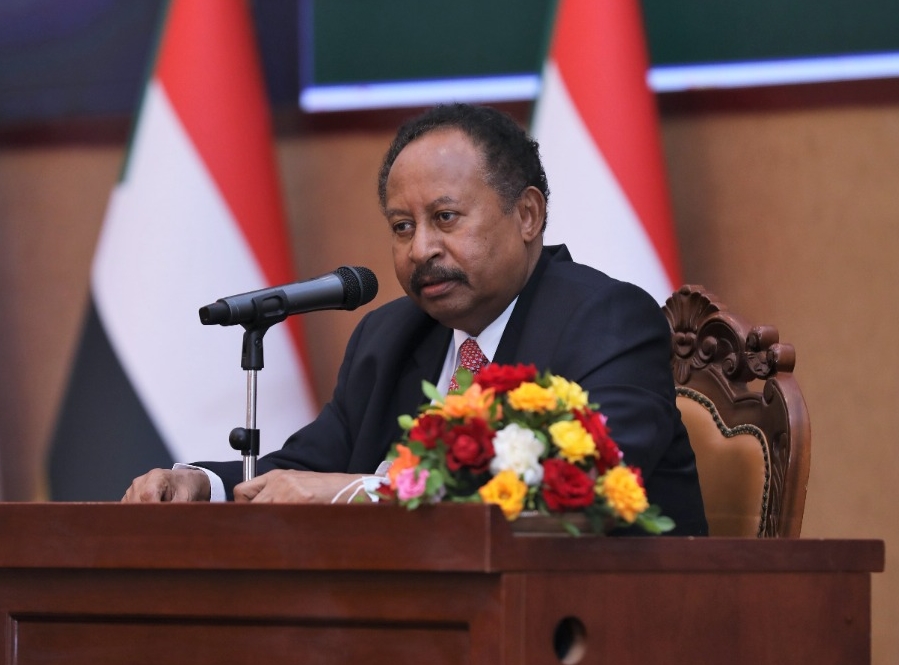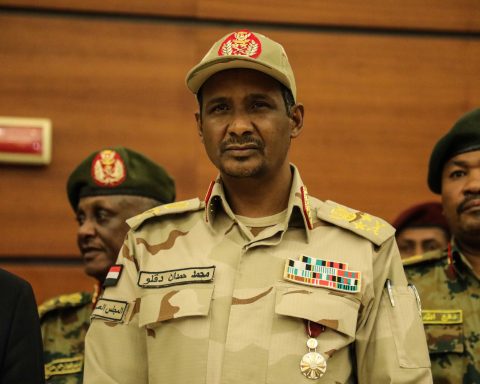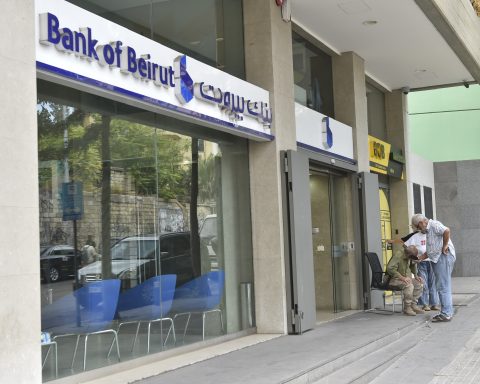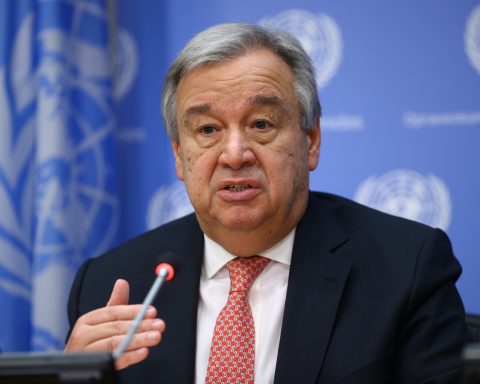Sudan was shaken by deepening economic and political crises in 2021. There was an unsuccessful coup attempt in the country in September. On October 25, Abdel Fattah al-Burhan, Commander of the Sudanese Army and Chairman of the Sovereignty Council, drew attention to the growing divisions between political groups, stating that “taking over” was necessary to prevent a civil war, and the military seized power.
In the following process, al-Burhan announced that the prime minister of the transition administration was put under house arrest, many ministers and political party leaders were arrested, and elections would take place in 2023, in which the military would not be a candidate. Al-Burhan stated that the civilian Prime Minister would be reappointed after the military intervention.
After the military intervention, while the protests of the Forces of Freedom and Change (FFC) demanded that the military hand over the administration to civilians, Hamdok was released from house arrest in agreement with the soldiers and reinstated. Although the background of this move by the military was to alleviate the protests of the FFC, it did not turn out as they thought.
As a matter of fact, protesting civilians claimed that Hamdok stole Sudan’s revolution. Hamdok, on the other hand, stated in his interview that he accepted the offer of the military to “stop the bloodshed.”
However, the protesters hardly believed this statement. As the number of protests increased day by day, the harshness of the police who intervened in them also increased. According to the Sudanese Doctors Committee, at least 54 civilians have been killed and hundreds injured in protests since October 25.
On the basis of these events, Hamdok held a meeting with the representatives of political and revolutionary forces on the evening of January 2. In his statement afterward, he announced his resignation from his position.
During the statement given to the nation, Hamdok expressed: “I accepted the post of prime minister based on the constitutional declaration and political consensus between the military and civilian components, a model that I commended at several events. But it failed to continue with the same harmony as when it began.”
Hamdok further stated: “I tried my best to lead our country to avoid the dangers of sliding towards a disaster, and now our nation is currently passing through a dangerous turning point that may threaten its survival.”
Lastly, the Sudanese PM underlined: “I said to our national army, including the military, the Rapid Support Forces, police and intelligence services that the nation is the highest sovereign power and the military belongs to it, working under the command of the nation to secure its life, unity, and territories.”
The aforementioned three statements emphasize the three main reasons behind Hamdok’s resignation. The first of these is the inability to find a solution to the deepening economic crisis. In fact, Sudan’s economy has shrunk by an average of 1.4 percent in the last two years, inflation has risen to over 400 percent, unemployment has increased, and 1 dollar is traded for over 450 Sudanese pounds.
Secondly, there is a problem of political trust in relations between soldiers and civilians. The parties accuse each other of meddling in their respective fields on a variety of domestic and foreign policy issues.
Lastly, after the October 25 military intervention, the civilians reacted negatively to Hamdok’s re-negotiation with the military. In fact, Hamdok announced his decision to resign after meeting with them.














